Showing Posts From PID1
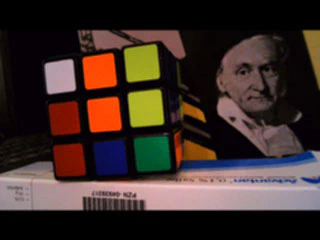
Kociemba’s Algorithm – The Two-Phase Breakthrough #PID1.5
Kociemba’s algorithm revolutionizes Rubik’s Cube solving by efficiently navigating the immense complexity of the cube’s state space using advanced mathematical tools from group theory and heuristic search. This two-phase method strikes a balance between tractability and optimality, making it a cornerstone of computational puzzle solving.
Read more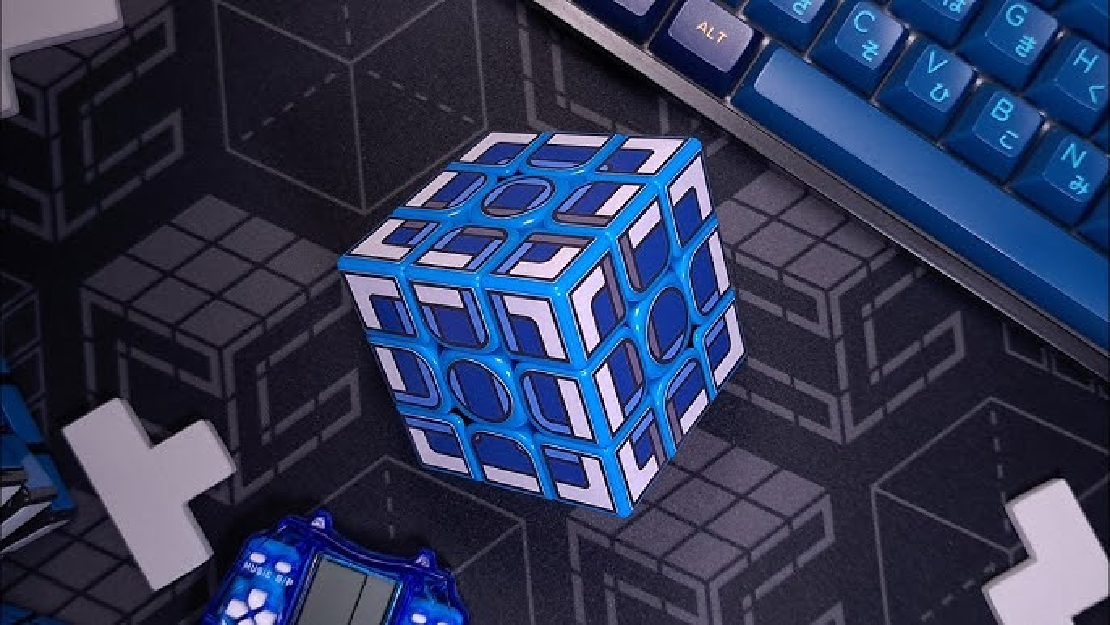
How Do Computers Come into the Art of Solving Puzzles? #PID1.4
Throughout history, puzzles have intrigued the human mind, not merely for entertainment but for the challenge they pose to logic, creativity, and persistence. From ancient labyrinths to Sudoku and the Rubik’s Cube, solving a puzzle often feels like an art — but beneath that art lies a surprising amount of structure. And where there is structure, computers can often outperform intuition.
Read more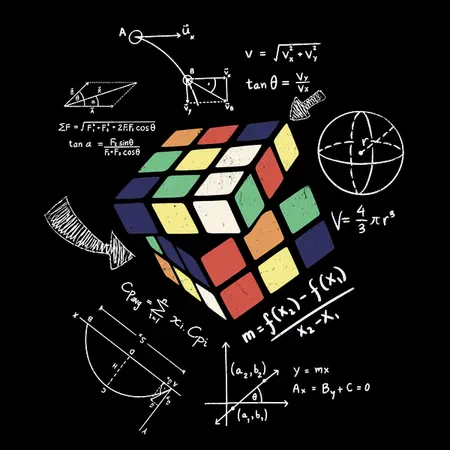
The Mathematics Behind the Rubik’s Cube #PID1.3
The Rubik’s Cube is not just a puzzle; it’s a deep mathematical object grounded in group theory, combinatorics, and geometry. Understanding the math behind it allows us to grasp why it has 43 quintillion possible states, how we categorize moves, and why some solutions are more efficient than others.
Read more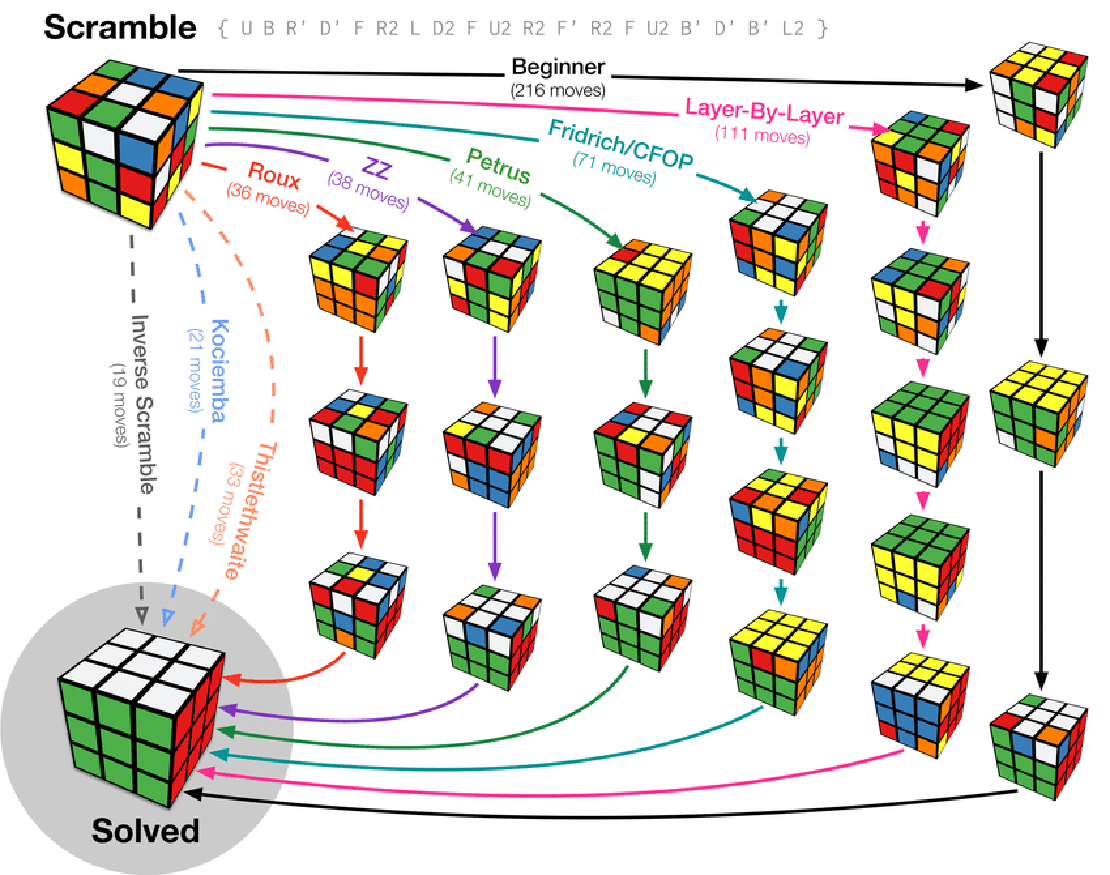
Solving The Rubiks Cube #PID1.2
Solving a Rubik’s Cube isn’t just about memorizing algorithms — it’s about understanding how moves affect the pieces. There are several solving methods, each with its own approach. Some prioritize speed, some focus on efficiency or fewer rotations.
Read more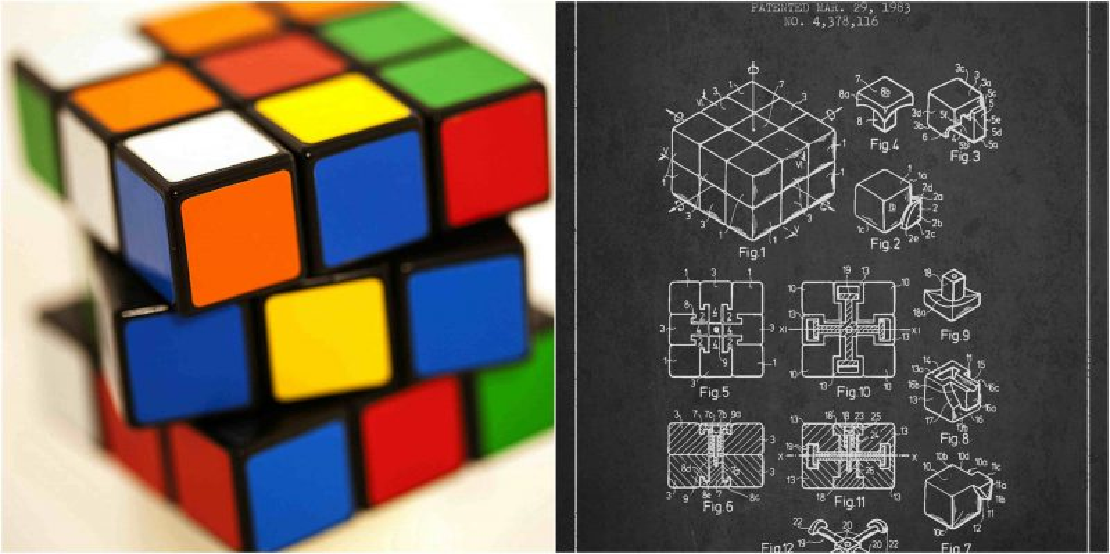
Mechanics of Rubiks Cube #PID1.1
The Rubik’s Cube is a 3D combination puzzle that has fascinated minds for decades. Invented in 1974 by Ernő Rubik, a Hungarian architect and professor, it was originally called the “Magic Cube.” Designed as a teaching tool to explain 3D movement, it quickly became a global sensation. The challenge? Scramble it, then restore each face to a single color—sounds simple, but millions have struggled (and succeeded) at it since!
Read more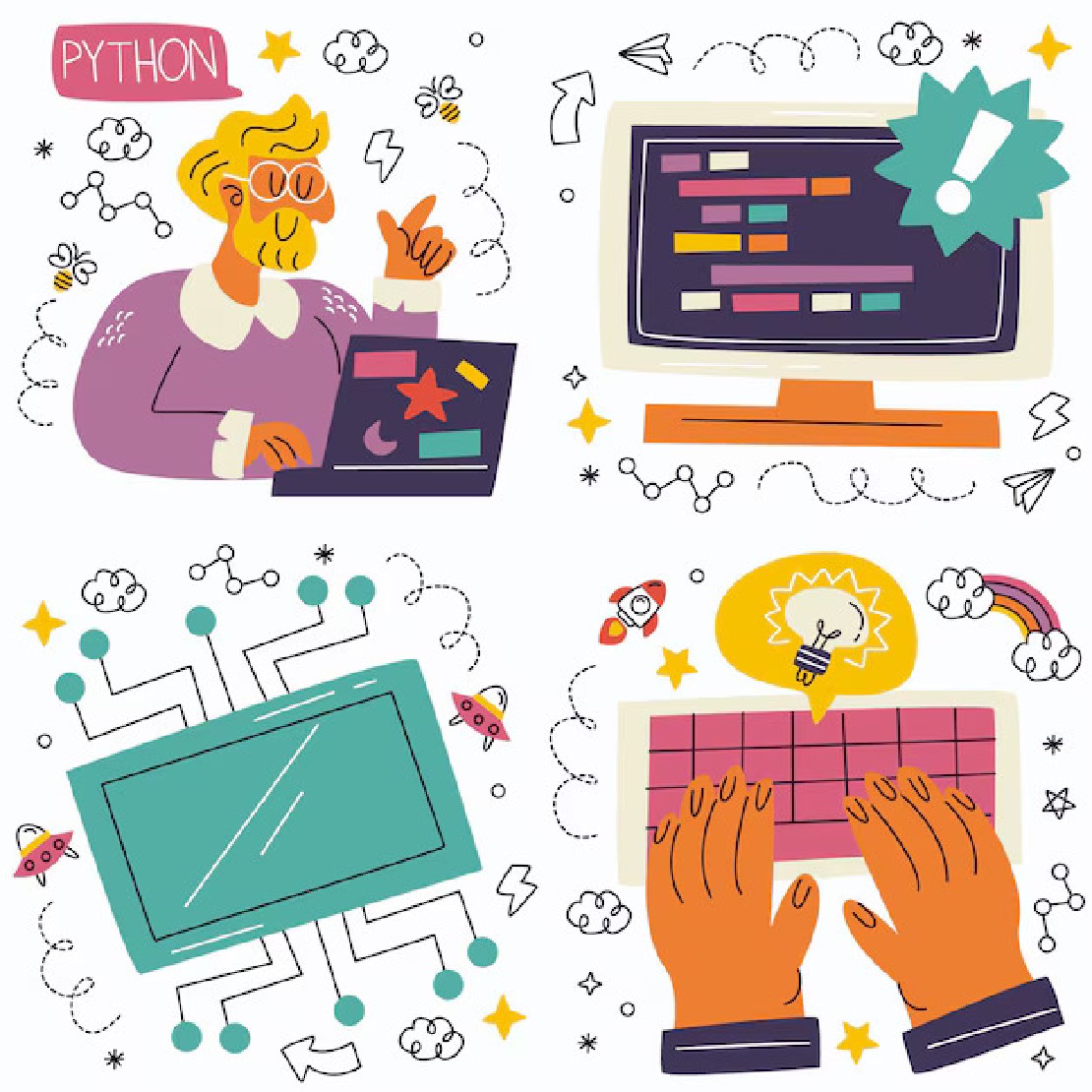
Why Should You Start Solving Puzzles? #PID1.0
Whether it’s a crossword, Sudoku, or a complex jigsaw, puzzles have a unique way of capturing our attention. But what makes solving them feel so rewarding? Beyond the entertainment, puzzles play a significant role in enhancing cognitive abilities, improving problem-solving skills, and offering a tangible sense of accomplishment.
Read more